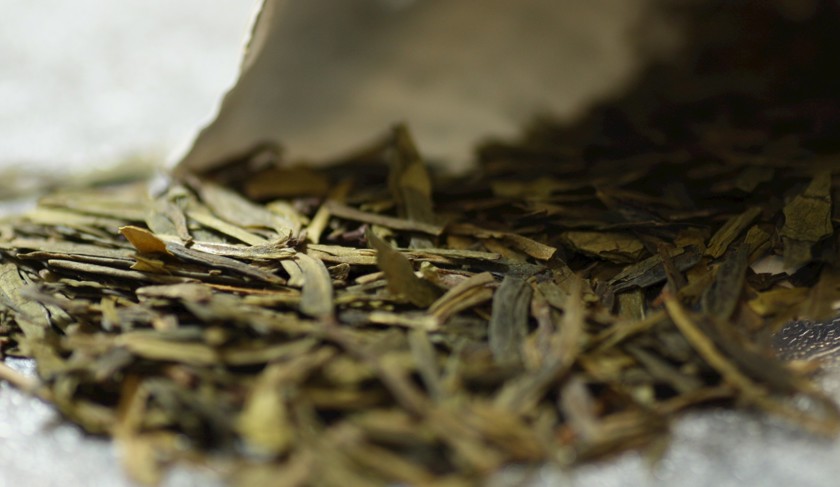- Plant identification to meet societal needs
- DNA and chemical identification of traded products
Humans interact with plant species as part of day-to-day life. This includes our food, medicines, clothing, furniture and a range of other products. Knowing which plant species are present in these consumer products is important to determine if they are safe, suitable, being traded legally, or even whether they appropriately priced. However, as the material in consumer products is generally processed in one way or another it can be difficult to identify by appearance alone.
We develop and apply methods to support these societal needs for plant identification. Our primary focus in the use of DNA barcoding for species identification, including authentication of species in horticultural trade, providing evidence to support law enforcement teams working on wildlife crime, and undertaking authentication of herbal medicines and dietary supplements.
We are also starting work using chemical profiling via mass spectrometry for the identification of timber, to address the global challenge of illegal logging and the illegal timber trade.
Authentication of herbal supplements: Our recent study on two popular herbal supplements (Eleutherococcus senticosus - Siberian ginseng and Rhodiola rosea - roseroot) showed evidence for a substantial level of substitution/mixing of the target medicinal ingredient.
See Ruhsam M, Hollingsworth PM (2018) Authentication of Eleutherococcus and Rhodiola herbal supplement products in the United Kingdom. Journal of Pharmaceutical and Biomedical Analysis 149, 403-409. https://www.sciencedirect.com/science/article/abs/pii/S0731708517312499
For more information contact Dr Markus Ruhsam


